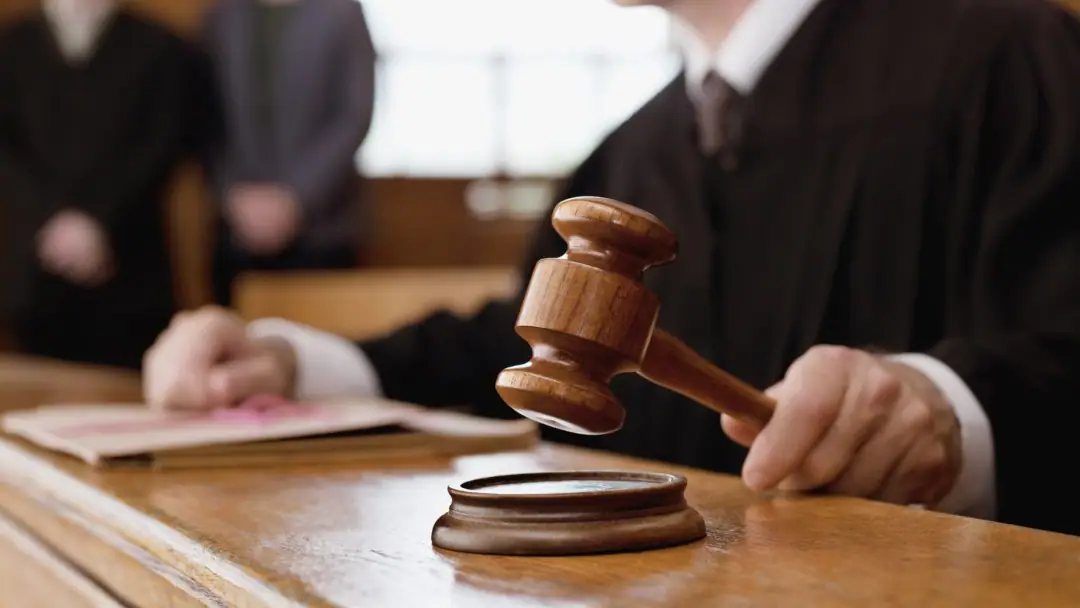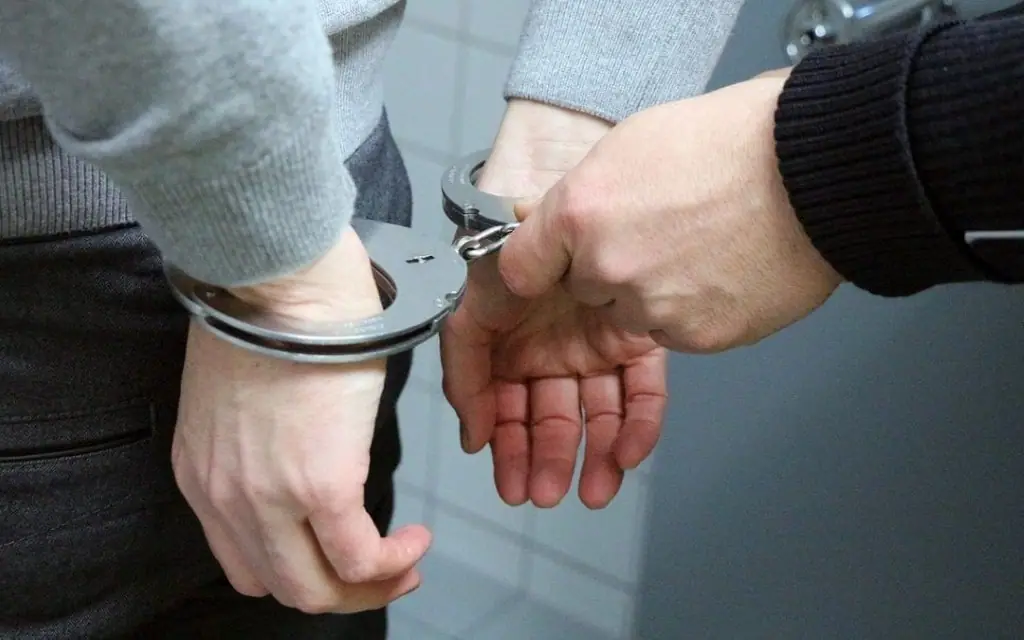The criminal trial process is a vital component of the legal system, serving as a mechanism to ensure justice is served when an individual is accused of committing a crime. In this article, we will explore the various stages of a criminal trial, shedding light on how the legal system operates to protect the rights of both the accused and the prosecution.
Understanding the Criminal Trial Process
The criminal trial process can be a complex and lengthy procedure, but it is essential for maintaining a just and fair legal system. Below are the key stages involved:
1. Arrest and Investigation Upon suspicion of criminal activity, law enforcement may arrest an individual. This marks the beginning of the criminal trial process. Subsequently, an investigation is conducted to gather evidence and build a case against the accused.
2. Charging After the investigation, the prosecuting authority (often a district attorney or prosecutor) reviews the evidence. If they believe there is enough evidence to proceed, they file charges against the accused, formally accusing them of a crime.
3. Arraignment During the arraignment, the accused is brought before a judge to hear the charges against them and enter a plea. They can plead guilty, not guilty, or no contest.
4. Pre-trial Proceedings Before the trial, both the prosecution and defense engage in pre-trial proceedings, which may include motions to dismiss evidence, witness interviews, and plea negotiations.
5. Trial The trial is the heart of the criminal justice process. It is during the trial that the prosecution presents its evidence, and the defense has the opportunity to counter it. The judge or jury (depending on the case) evaluates the evidence and makes a determination of guilt or innocence.
6. Verdict After considering the evidence and arguments presented at trial, the judge or jury delivers a verdict. If the accused is found guilty, they move to the sentencing phase.
7. Sentencing If the verdict is guilty, the court proceeds to determine the appropriate punishment. This can include imprisonment, fines, probation, or a combination of penalties.
8. Appeals If the accused is dissatisfied with the verdict, they can file an appeal, contesting the legal procedures or evidence used during the trial.
1. What happens if I plead guilty at the arraignment? Pleading guilty at the arraignment means you admit to the charges, and the case does not go to trial. The judge will proceed with the sentencing phase, determining the appropriate punishment.
2. What is the role of a defense attorney in a criminal trial? A defense attorney represents the accused, ensuring their rights are protected, and providing legal counsel throughout the trial. They challenge evidence, cross-examine witnesses, and work to secure the best possible outcome for the accused.
3. How long does a criminal trial typically last? The duration of a criminal trial varies widely based on the complexity of the case, the number of witnesses, and other factors. Some trials may be completed in a day, while others can last for weeks or even months.
4. Can the verdict be appealed? Yes, a verdict can be appealed if there are legitimate grounds for doing so. Common grounds for appeal include errors in the trial procedure, the introduction of improper evidence, or misconduct by the prosecution.
5. What is the difference between a judge and a jury trial? In a judge trial, the judge alone evaluates the evidence and delivers the verdict. In a jury trial, a group of impartial individuals selected from the community hears the evidence and collectively decides the verdict.
Conclusion
The criminal trial process is a cornerstone of our legal system, ensuring that individuals accused of crimes receive a fair and just opportunity to defend themselves. From the initial arrest to the final verdict, this intricate process is designed to protect the rights of both the accused and the prosecution. Understanding this process is essential for anyone involved in or affected by the criminal justice system, as it underscores the principles of justice, due process, and the rule of law.







